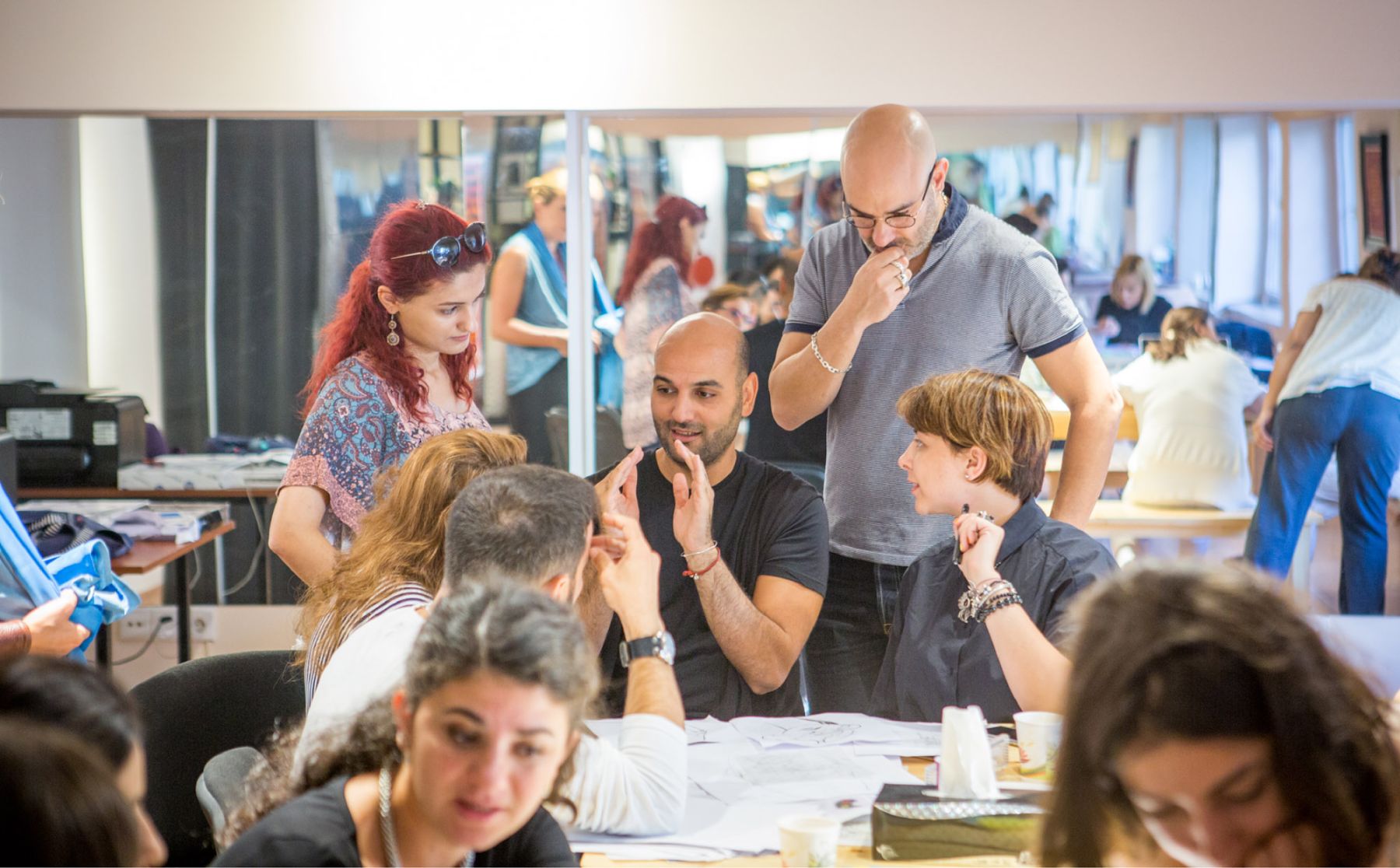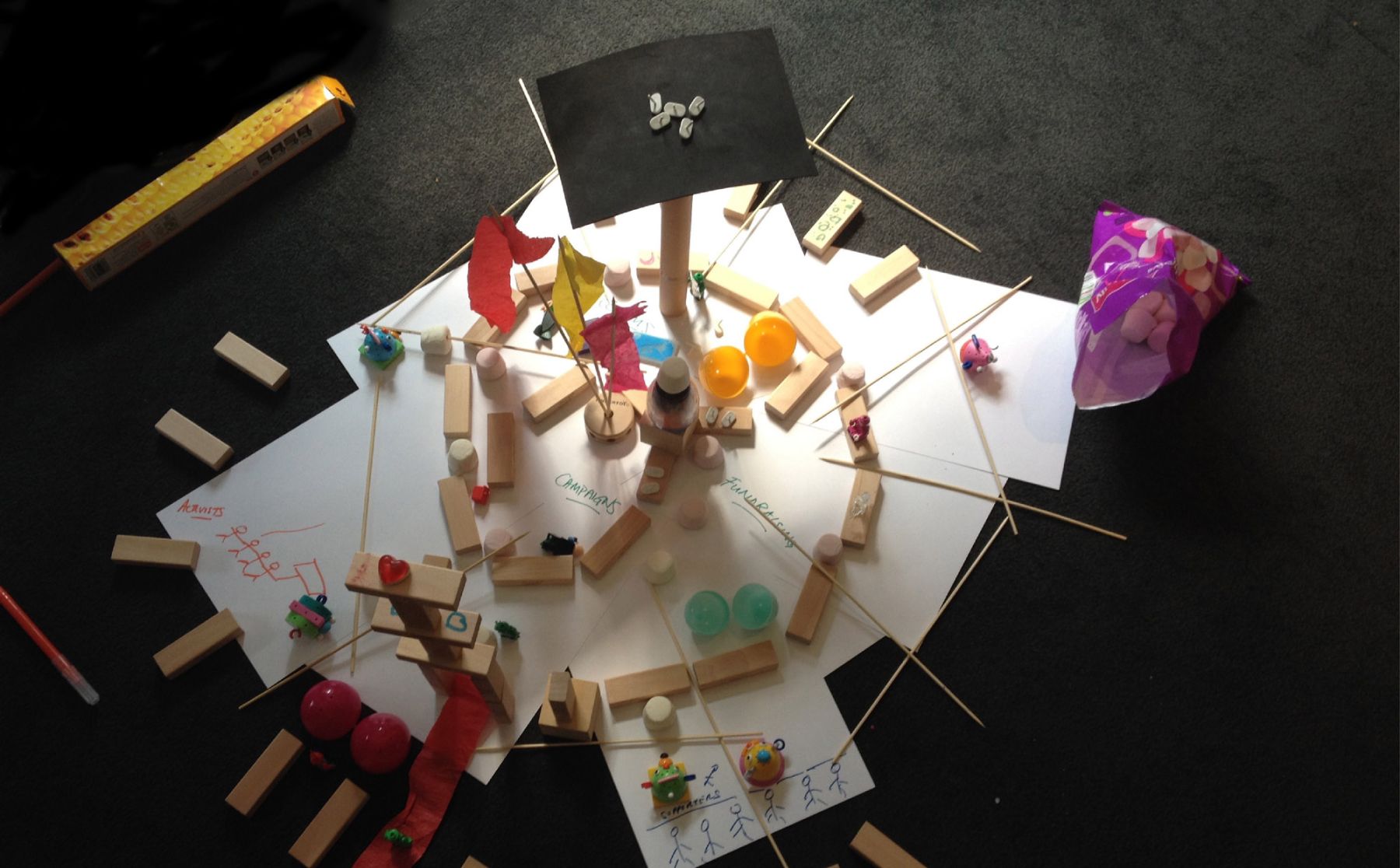“To speak less is wisdom, to eat less is healthy, to sleep less is a prayer and there is peace in solitude.” Umar Ibn Al Khattab, the second caliph.
A very different Ramadan is being observed this year across the Muslim world. Contrary to the usual mood, this is a quiet Ramadan. It is far less social, far less festive, and far more private as it is mostly limited to homes and the few family members who can physically attend iftars and suhoors because of the global precautionary lockdown to stop the spread of COVID-19.
It is being called a “challenging” Ramadan, but if we step back a little and reflect, we realize that there have often been challenges during previous holy months of fasting.
It was the 17th day of Ramadan in the second year after the Hijra (624 CE) when Prophet Mohammed (PBUH) and his followers found themselves face to face with their greatest opponents, the Quraish of Makkah. This was one of Islamic history's first and greatest battles: the Battle of Badr. While greatly outnumbered, 300 to 1,000, the Prophet's army was victorious, paving the way for the spread of Islam. The Holy Qur’an recounts that the Muslim army was reinforced by an invisible army of thousands of angels. While most know about this battle and its historic impact, few remember that it actually took place during Prophet Mohammed's first Ramadan.
So as we fight a different kind of battle today, one against a tiny but lethal enemy, we must remember to face this challenge with patience, diligence and self-compassion, some of the essentials of Ramadan.
One of the obvious benefits of a more private Ramadan, may be the money saved from not spending it on lavish iftars and suhoor tents. Now there is more to give to those who need it most, and save money in general with the uncertain future ahead.
Here are some creative and inexpensive ideas to try out with loved ones, and perhaps with some of those neighbors you were too busy before to engage with:
1. Iftar cook-off: Who cooked the best iftar?
Food and discussions about what to eat for iftar and suhoor dominate home conversations. Therefore why not turn the conversation into a cook-off between family members, say father and son versus mother and daughter, or it could be the parents versus the kids. Another person, like the picky grandmother or ever-aspirational neighbor, could be the judge of the iftar dishes. Note, to make it interesting, there should be no help from the help (that would be cheating) or perhaps turn the tables around and let the help judge the iftar or suhoor dishes.
This is a great bonding time while being creative in the kitchen with new or tried recipes.
2. Hakawati competition: Who told the best story?
They say the art of storytelling was born in the desert around a campfire. Tales of myth and mystery and poetic recitation would be shared by the Bedouin by the light and heat of the fire, with the best storyteller rewarded with an extra treat and perhaps a round of applause. In other parts of the Arab world, the hakawati would be paid to tell stories in coffee shops or at special gatherings. During Ramadan, the storytellers competed to see who could attract the largest audience.
So why not revive this oral tradition with members of the family competing by telling short stories to win the title of the best hakawati. Pick a theme or genre, say spooky stories or fairytales or perhaps a something from Islamic tradition (such as stories of prophets) or pull out some of the dusty poetry books and let the imagination and eloquence begin.
3. Art with a heart: Make someone smile each day.
It is the perfect time to try your hand at arts and crafts, pieces of creation made with a special message for that neighbor, that guard, that delivery man, the people around us who are often taken for granted. It can be a drawing, or a sculpted piece of clay or something knitted, something colorful and meaningful with a lovely message saying thanks or that all will be well or a maybe a verse from the Holy Qur’an rendered in calligraphy. A gift of art given to someone, or left on the door or in the elevator, somewhere for someone to see and smile. Create something unexpected for someone, perhaps even for those with you at home or for those you are about to chat virtually with via a video conference, and break the routine.
4. Your own Fawazer (riddles) time
What is green in the market, red in your mother’s palm and then black when dead?
(Answer is at the end of this blog)
Research the internet and watch local shows with their own daily quizzes, and collect them and have a family hour, where pieces of paper with riddles are picked out from a hat or bowl and the teams compete to guess the answer. Give it different themes, some religious, some scientific, some mythical and so on.
5. Learn a new language
Tired of reading subtitles of your favorite Japanese animation on Netflix? Take advantage of the slow pace of Ramadan to learn a language you always wanted to learn, record it or write it and send meaningful surprise messages to family, friends and colleagues.
Language learning helps improve people's thinking skills and memory abilities, and it is fun as well.
You can even create virtual postcard and write your messages in the newly acquired language as a memento of the time and place.
Besides being a chance to try new things, Ramadan is also that special time of prayer and meditation, of counting your blessings and taking that extra step —or that extra click of a button—-to help ease the struggles of others.
Doors and gates may have to remain mostly closed this Ramadan, but there are others that open in this holy month.
“When the month of Ramadan begins, the gates of heaven are opened and the gates of hell are closed and the devils are chained,” said Prophet Mohammed (PBUH).
*Riddle answer: Henna.
—Words by Rym Tina Ghazal








